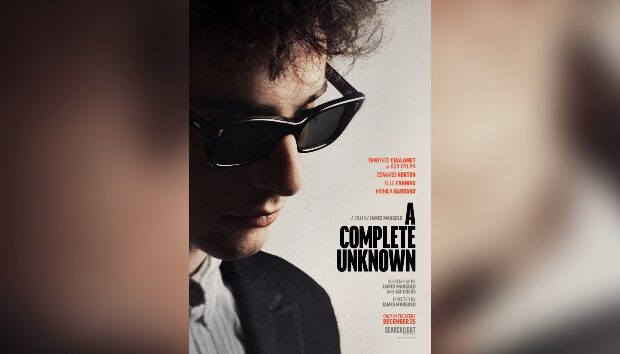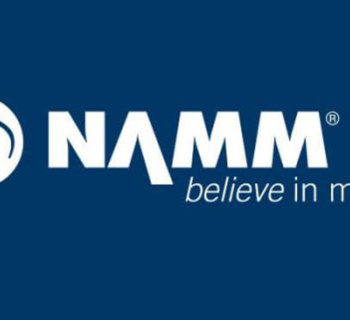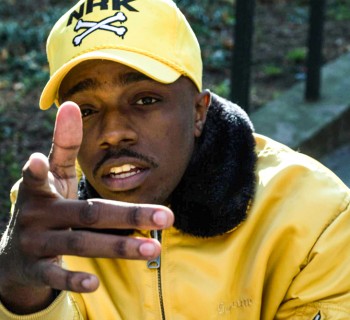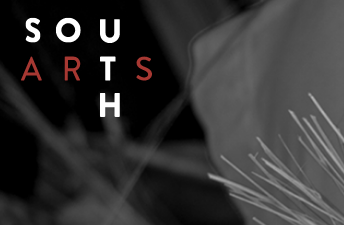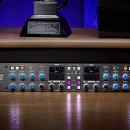With the theatrical release of "A Complete Unknown," the biographical drama film of Bob Dylan by director James Mangold, starring Timothee Chalamet, set for a national December 25th opening, Dylan's "Like A Rolling Stone" recording session and live performance of the song at the 1965 Newport Folk Festival are scenes in this biopic.
This century Al Kooper wrote the segment on Bob Dylan for the Encyclopedia Britannica. And, an Al Kooper hologram appeared on the Bob Dylan CD-ROM, Highway 61 Interactive, which details how he met Dylan and includes several takes of “Like A Rolling Stone.”
In 2000 I talked to the legendary multi-instrumentalist and Rock and Roll Hall of Fame inductee Al Kooper about that landmark recording session, producer Tom Wilson, and musicians on the epic June 16, 1965 date. --Harvey Kubernik
Q. I wanted to ask you about record producer Tom Wilson
A. Wonderful guy.
Q. I know you used to cop Dylan acetates out of his office.
A. I did. I was a bad boy.
Q. I think Wilson gets overlooked in history. I was around him a bit when he worked for Motown in Hollywood.
A. Yep. So does John Simon, by the way. Tom earlier worked for Savoy Records. He was a very bright and high class guy.
“He was like ‘what’s happening man?’ That kind of guy. But you knew he was bright and he talked about very erudite things, and he really saved my life that day on that Dylan ‘Like A Rolling Stone’ session.
“Because, he could have…I went to him and said, ‘Man, let me play the organ.’ They had just moved Paul Griffin from the organ to the piano. And I went over to Tom Wilson, and I was invited just to watch, you know. And I said, ‘Man, why don’t you let me play the organ? I got a great part for this.’ Which was bullshit. I had nothing. And he said, ‘Man…You’re not an organ player…’
“And then they came to him and said, ‘phone call for you Tom.’ And he just went and got the phone. And I went in to the studio and sat down at the organ. He didn’t say no. He just said I wasn’t an organ player. OK.
“That was the moment he could have just thrown me out and rightfully so. And you know what? He didn’t. And that was it. That was the beginning of my career. Right then and there. That studio dialogue is documented. Wilson is the guy who invited me to the session first of all, which is really nice. You didn’t get invited to Bob Dylan sessions, you know, especially if you were a nobody like I was. And there it was. There was the chance he had to toss me, and it would have reflected back on him because he had invited me to the session.
Q: Talk to me about guitarist Michael Bloomfield.
A: Well, Michael [Bloomfield] and I met on the ‘Like A Rolling Stone’ session. I had read about him in "Sing Out Magazine," and saw a picture of him where he looked a little more rotund then he was when I met him. His brother says he was a fat kid growing up. So we met on the ‘Like A Rolling Stone’ session and really hit it off. So we played together on that.
“I was supposed to play guitar on that record. I packed up my guitar when I heard him warming up. It never occurred to me that somebody my age, and my religion could play the guitar like that. That was only reserved for other people. It never even occurred to me that that was an option for someone my age and my color. I had never seen that, or heard that up to that day.
Q. And you brought bassist Harvey Brooks into that session as well.
A. That’s right. So, that pretty much ended my guitar playing by and large. I said, ‘well OK, he’s as old as me and he can play like that. I’m never gonna be able to play like that. Thank you, goodbye.’ And, you know, I ended up playing organ on that record, and then I became a keyboard player really that day. So, it was a damn good thing because, you know, that was competition I couldn’t deal with.
Q: I think the secret sauce of the "Highway 61 Revisited" album, and "Blonde On Blonde" sessions was Paul Griffin. I know he was on some records by Garnet Mimms and on Chuck Jackson’s “Any Day Now.”
A: Oh...man…A big influence on me as well! Paul Griffin came from the Baptist church. On the "Highway 61 Revisited" album we did the tracks to ‘Tombstone Blues’ and ‘Queen Jane Approximately’ in one day.
“The best thing I can say about Paul Griffin is take five minutes out of your busy day and get a time where you have nothing to bother you at all. Find a real nice stereo system and sit back and put on ‘One Of Us Must Know’ from "Blonde On Blonde." And just listen to the piano…And tell me if you can find on a rock ‘n’ roll record anybody playing better than that. And I would really like to hear what your decision is.
"To me it is the greatest piano achievement in the history of rock ‘n’ roll. I don’t hear anything than him playing the piano when I hear that record. And I’m thrilled that I’m playing organ but I’m embarrassed. And I think that Dylan should be embarrassed too. ‘Cause Paul just steals that fuckin’ record. It’s the most incredible piano playing I’ve heard in my life. If you’re a piano player try playing that note for note. It’s just incredible.
"I played the organ on ‘Like A Rolling Stone.’ Paul Griffin on piano was so brilliant. He plays amazing things. And the thing that is really eye-opening about it, are the drums. Bobby Gregg, who had a hit record with ‘The Jam.’ Besides Michael’s playing, you can really hear the drums of Bobby."
Q: On a recent solo album “Black Coffee, you covered “Get Ready,” a tune Smokey Robinson initially wrote for The Temptations. Do you see the influence of Robinson’s writing on Dylan? I do. He sort of professionally acknowledged this to me one time in a very brief chat. Am I the only person who hears the musical and vocal influence of the Smokey penned tune "My Girl" Temptations recording on Dylan's recording of "Queen Jane Approximately?"
A: One of my favorite things is when I called Dylan one day and said, ‘Hey…What are you doing?’ ‘Eating a piece of toast and listening to Smokey Robinson...’ So, that makes a lot of sense."
“Kooper always disparaged his ability to navigate the organ at the time he played on the record, and was prone to belittle his contribution,” offered music historian and writer Kirk Silsbee to me in a 2010 interview.
“Producer Tom Wilson didn't do anything to change his mind, telling Dylan he needed to ‘get a real organ player.’ And it's true--Kooper didn't have much in the way of vocabulary; he certainly didn't display much in the tune. ‘Like a Rolling Stone’ has an extremely simple chord structure and Kooper didn't get flashy, he didn't embellish and he didn't play against the structure to stir up any creative sabotage,” Silsbee continued. “Leave it to Dylan, then, to understand and sanction Kooper's contribution. After the drum pickup kicked the record down the hill, Kooper's chords crashed like waves, got underneath Dylan and carried the song along, imbuing the record with a melancholy mist. As usual, Dylan had the last word: ‘Don't tell me about organ players.’”

